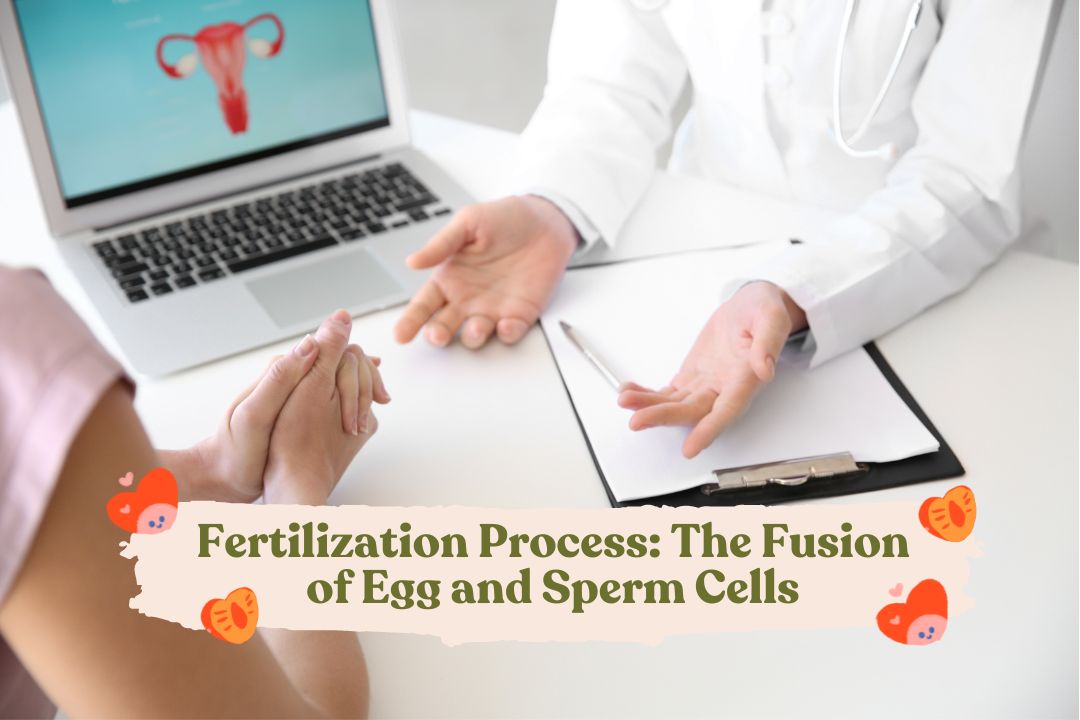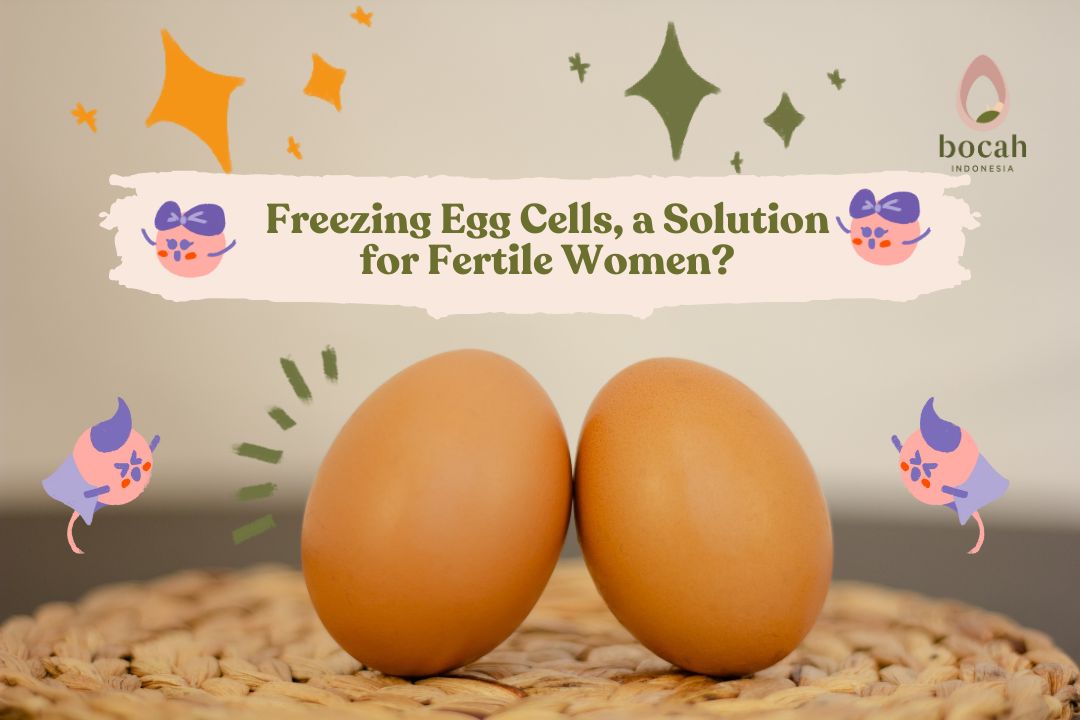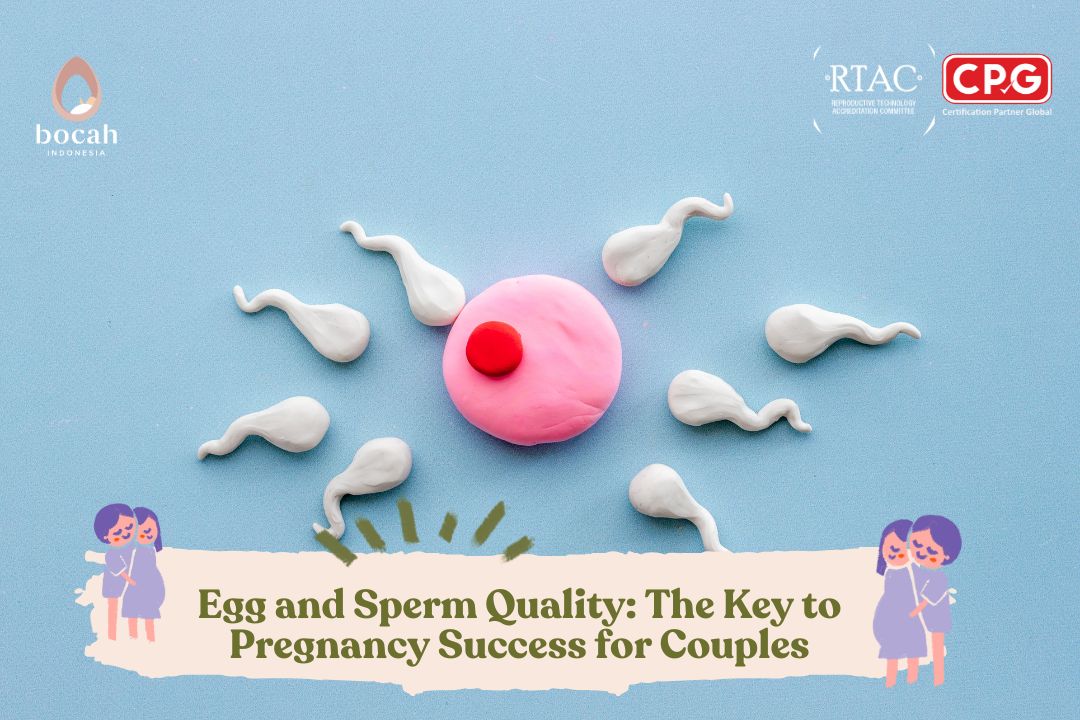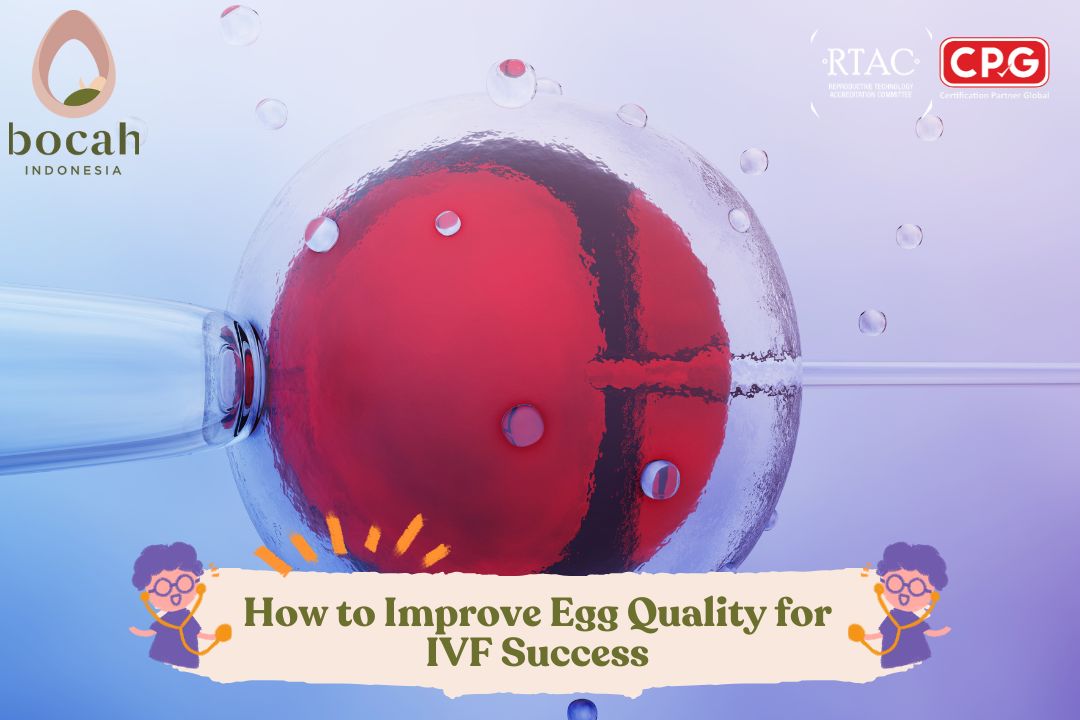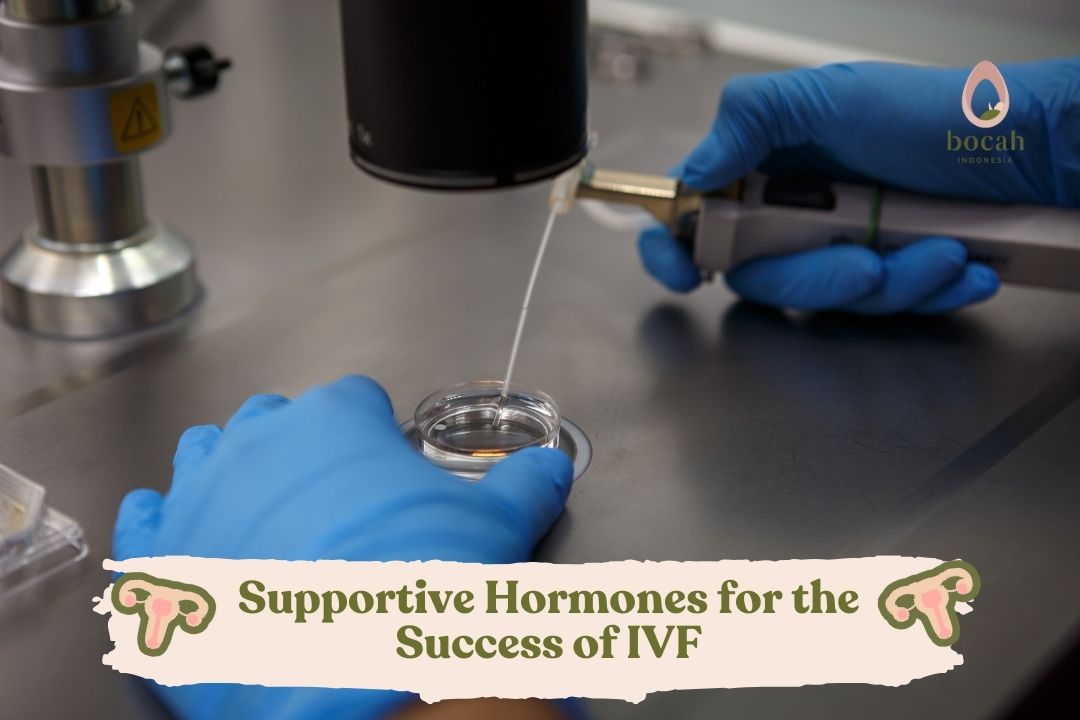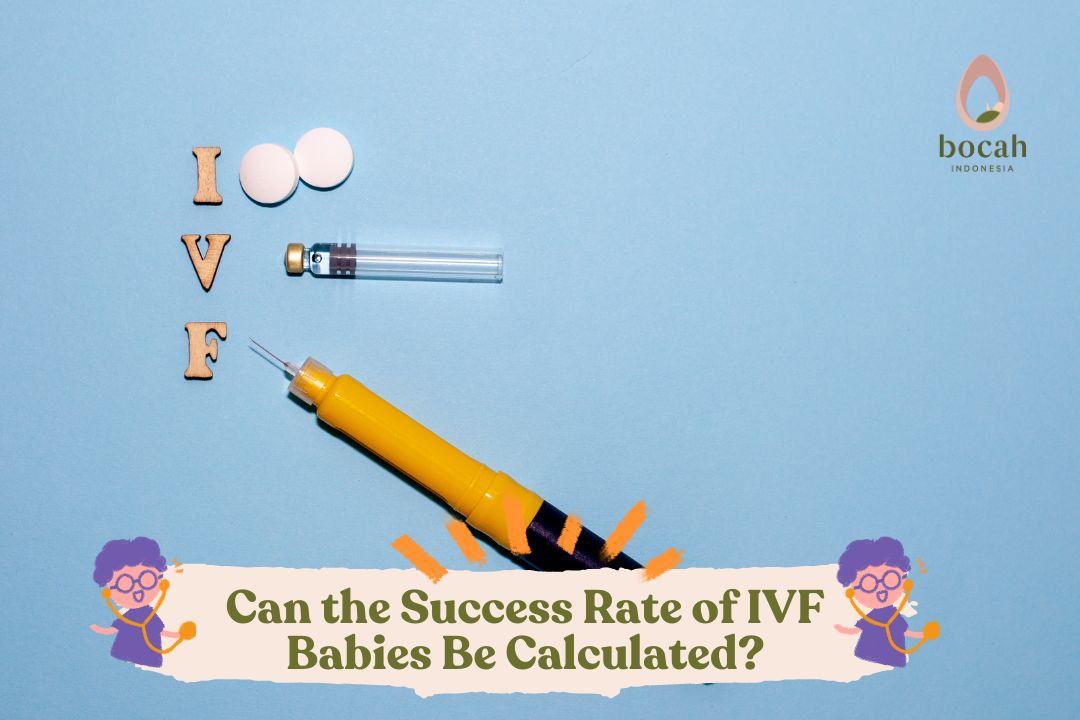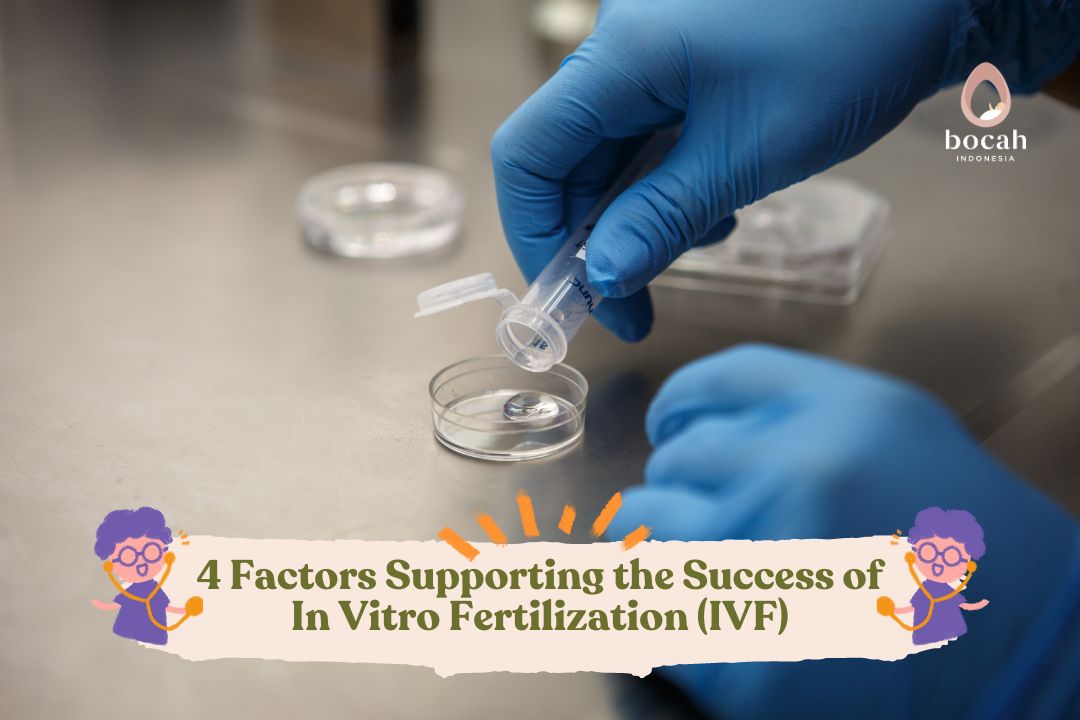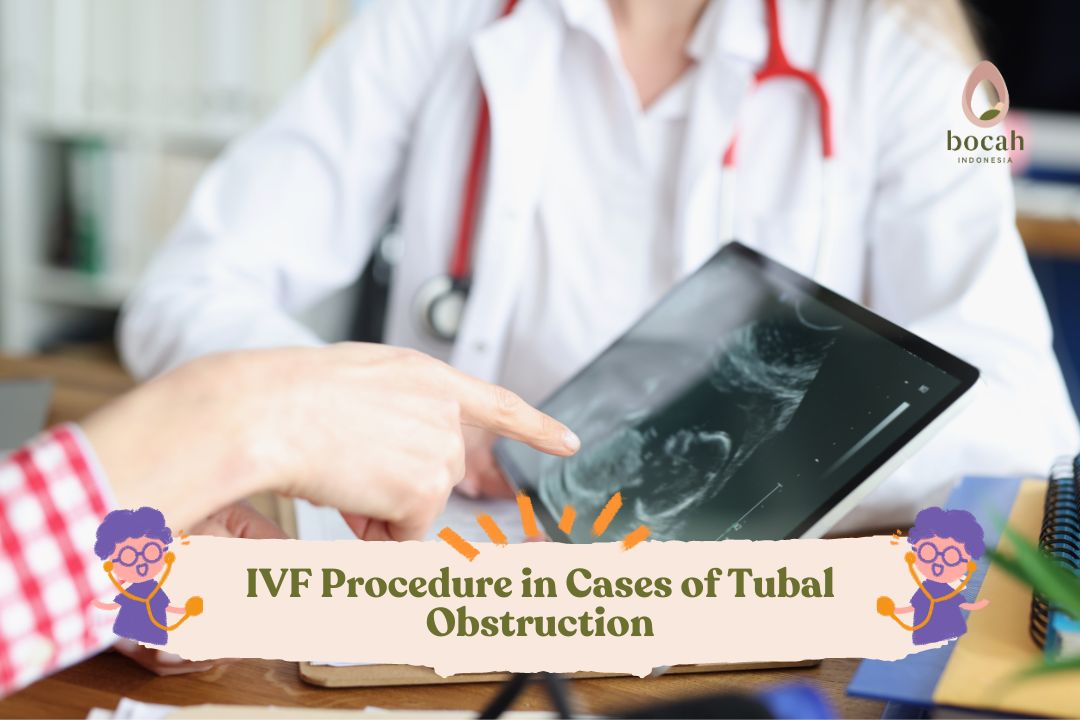Egg Cells for IVF to Increase the Success of Pregnancy
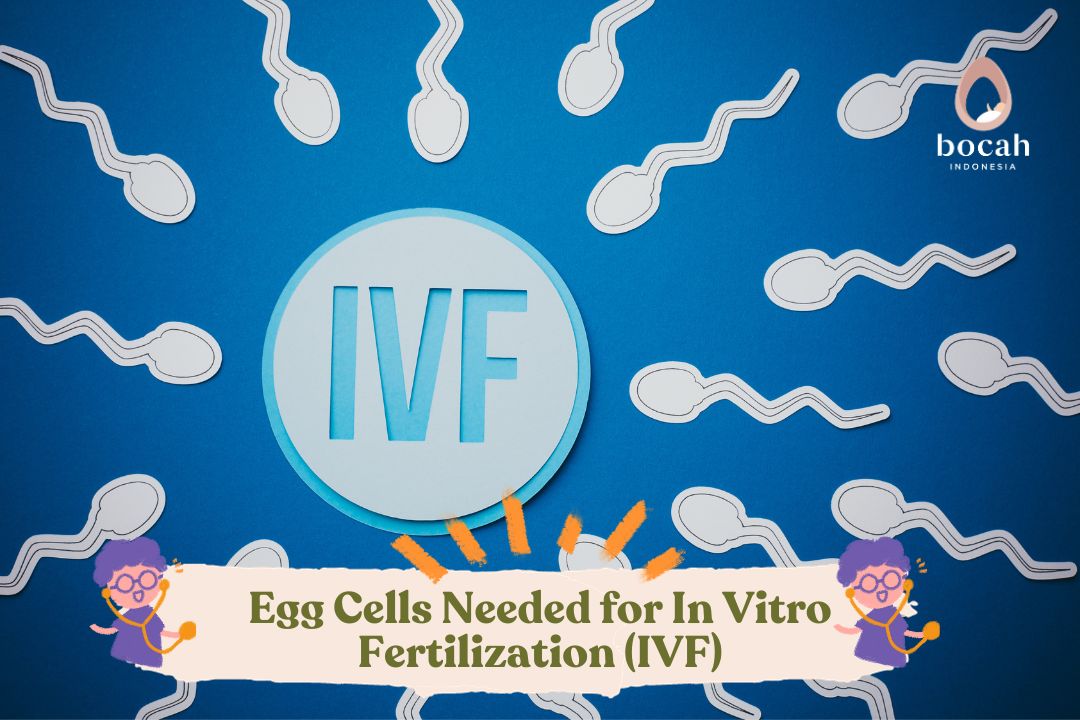
The fertilization process in the IVF program is carried out in a laboratory by taking egg cells from the mother and sperm from the father.
Advanced technology has also developed in the field of health. In this case, pregnancy programs with assisted reproductive technology (ART). One type of assisted reproductive technology is in vitro fertilization (IVF).
Although it’s called “test tube baby,” it doesn’t mean that this pregnancy program is done inside a test tube. Basically, egg cells taken from the mother will be fertilized by sperm taken from the father. Fertilization is then carried out in the laboratory. Egg cells that are successfully fertilized will develop into embryos.
You might often wonder how many egg cells are needed for an IVF program. Let’s find out in the following explanation!
How Many Egg Cells Are Needed for IVF?
When undergoing an IVF program, there are several stages to go through. One of them is egg cell stimulation. This procedure is done to ensure that the egg cells to be harvested reach the desired size.
Tanya Mincah tentang Promil?
If the egg cells have reached the desired size, an anti-rupture medication will be injected. The next step is the egg cell retrieval procedure or ovum pick up (OPU). In this process, egg cells will be collected for fertilization later. The amount collected depends on the number of egg cells and the condition of each patient.
The egg cells that have been retrieved will be immediately combined with the sperm collected on the same day. After fertilization, the result will develop into embryos.
Subsequently, the embryos will be transferred back into the uterus. The number of embryos transferred into the uterus depends on the patient’s condition. If there are remaining embryos, they will be stored, a process known as embryo freezing. These stored embryos can be used if the mother and father plan to have children in the future.
After the embryos are transferred into the uterus, the mother will be asked to wait for 2 weeks, also known as the 2-week waiting (2WW) period. After that, the mother will be asked to take a pregnancy test using a test pack. If the result is positive, the mother can consult a doctor.
What Should Be Done After an IVF Program?
After undergoing an IVF program, there are several things to be aware of, such as:
Mothers undergoing the IVF procedure can still carry out their daily activities as usual. However, it’s important to avoid strenuous activities that may cause discomfort in the abdomen or uterus.
After the embryo transfer, mild bleeding is normal. Mothers may also experience abdominal cramps, constipation, and bloating.
If a mother experiences fever, pelvic pain, heavy bleeding, or blood in the urine, she should contact a doctor immediately.
After a 2-week wait following embryo transfer, it is recommended for the mother to undergo a laboratory test called betaHCG hormone level examination.
IVF is one of the pregnancy programs that requires time and a lengthy process. Although the success rate is high, there are factors that can lead to IVF program failures. Mothers and fathers should not give up because there is always hope for a brighter future.
Source:
- National Health Service. IVF. https://www.nhs.uk/conditions/ivf/
- Choe, J., Shanks, A.L. (2022). In Vitro Fertilization. https://www.ncbi.nlm.nih.gov/books/NBK562266/
- Wolf, M.V., Haaf, T. (2020). In Vitro Fertilization Technology and Child Health. Dtsch Arztebl Int. 2020 Jan; 117(3): 23–30. https://www.ncbi.nlm.nih.gov/pmc/articles/PMC7026576/
- 4 Herbal Medicine to Improve Male Fertility - 01/07/2025
- 7 Signs of PCOS Every Woman Should Know - 30/06/2025
- Ultimate Guide: Boosting Egg Quality for a Healthy Pregnancy Journey - 23/06/2025


